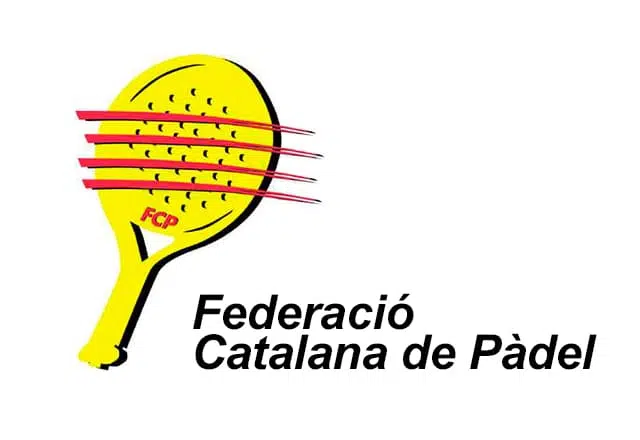On November the 25th, Fitmetric, the department of sporting biomechanics of the Institut Català del Peu, gave a course about biomechanics in paddle tennis to paddle tennis trainers with the Catalan Paddle Tennis Federation.
The aim of this course was to show the technologies of biomechanical analysis which are nowadays at the service of the coaches and to know the different ways of making good use of the information which provide for training and prevention of lesions. They also talked about future plans and how biomechanics is every time at the service of trainers and sportsmen/sportswomen.
Biomechanics in the paddle tennis is not so researched as in other sports of implement like tennis. It is also true that biomechanics does not play the main role like in tennis, and, perhaps, it is a sport which is more linked to biomechanical features from the tactical point of view. By the way, it is nowadays an unresolved debate. Regarding the lesions in paddle tennis, like in other sports, they must be studied tirelessly from the biomechanics point of view, in order to prevent them, and at the same time, this will be a plus for the improvement of the performance.
Our research was focused on the way to achieve data which can be important for trainers, in order to prevent lesions on the paddle tennis court, as well as to know important information inside the paddle tennis court, mainly about the technical gesture.
Fitmetric is nowadays working in two fields, the functional biomechanics assessment in order to prevent lesions, and the analysis of sporting technical gestures.
Biomechanics, is on development, both in paddle tennis and in other sports. A part or our work, is to achieve that technology, which is more bearable every time, will be at the service of trainers and players, as well as data can be obtained more quickly. This always causes an interesting debate and a mutual enrichment.
Nowadays, Fitmetric is working on different subjects of courses (both in paddle tennis and in other sports), as well as levels of their matters, in order to let it know to trainers with different profiles. The biomechanical technologies are on the one hand linked to biomechanics, and the applicability of the results more directed at performance, and on the other hand, to understand the biomechanical process which causes the lesion. That is, there are people who want to consider in order to improve and others who prefer to prevent. In the same way, we are finding professional profiles which want to be connected to the use of technology and the achievement of results immediately, focused on a correction work, and other profiles who rather look for to put into practice lesions preventions techniques when knowing certain technical mistakes.
